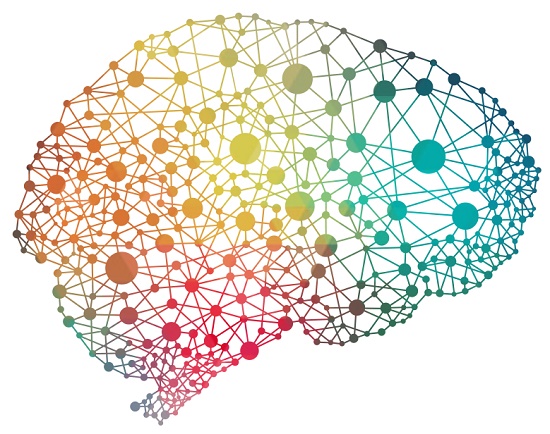
In 2013, Johns Hopkins University researcher and epidemiologist Dr. Frank Lin directed a study which was the first to identify the potential consequence of hearing loss on brain performance.
Participants with hearing loss took repeated cognitive tests, used to quantify memory and thinking skills, over the course of six years. Hearing tests were also completed over the same period.
What the investigators found was concerning: the cognitive abilities of those with hearing loss decreased 30 to 40 percent faster than those with normal hearing, even after accounting for other contributing factors like age, high blood pressure, and diabetes.
But that wasn’t all. Not only did those with hearing loss suffer from higher rates of cognitive decline—the decline was directly associated to the degree of the hearing loss. The more intense the hearing loss, the greater impairment to brain performance. Moreover, those with hearing loss showed signs of significant cognitive impairment 3.2 years sooner than those with normal hearing.
The research depicts a deep association between hearing loss and cognitive decline, but the question persists as to how hearing loss can lead to cognitive decline.
How Hearing Loss Produces Cognitive Decline
Researchers have proposed three reasons for the connection between hearing loss and cognitive decline:
- Hearing loss can contribute to social isolation, which is a known risk factor for cognitive decline.
- Hearing loss forces the brain to allocate too many resources to the processing of sound, at the expense of memory and thinking.
- A common underlying trauma to the brain causes both hearing loss and diminished brain function.
Possibly it’s a mix of all three. What is clear is that, regardless of the cause, the connection between hearing loss and cognitive decline is strong.
The question now becomes, what can be done about it? Experts estimate that 27 million Americans over age 50, among them two-thirds of men and women aged 70 years and older, suffer from some form of hearing loss. Is there a way those with hearing loss can prevent or reverse cognitive decline?
How Hearing Aids Could Help
Recall the three ways that hearing loss is believed to cause accelerated cognitive decline. Now, think about how hearing aids could address or correct those causes:
- People with hearing aids increase their social confidence, become more socially active, and the consequences of social isolation—and its contribution to cognitive decline—are lessened or eliminated.
- Hearing aids protect against the fatiguing impact of struggling to hear. Mental resources are freed up for memory and thinking.
- Hearing aids present boosted sound stimulation to the brain, helping to re-establish neural connections.
Admittedly, this is mainly theoretical, and the big question is: does wearing hearing aids, in fact, slow or protect against hastened mental decline, and can we quantify this?
The answer could be found in an upcoming study by Dr. Frank Lin, the lead researcher of the initial study. Lin is presently working on the first clinical trial to study whether hearing aids can be objectively measured to prevent or alleviate brain decline.
Stay tuned for the results, which we’ll address on our blog once published.
